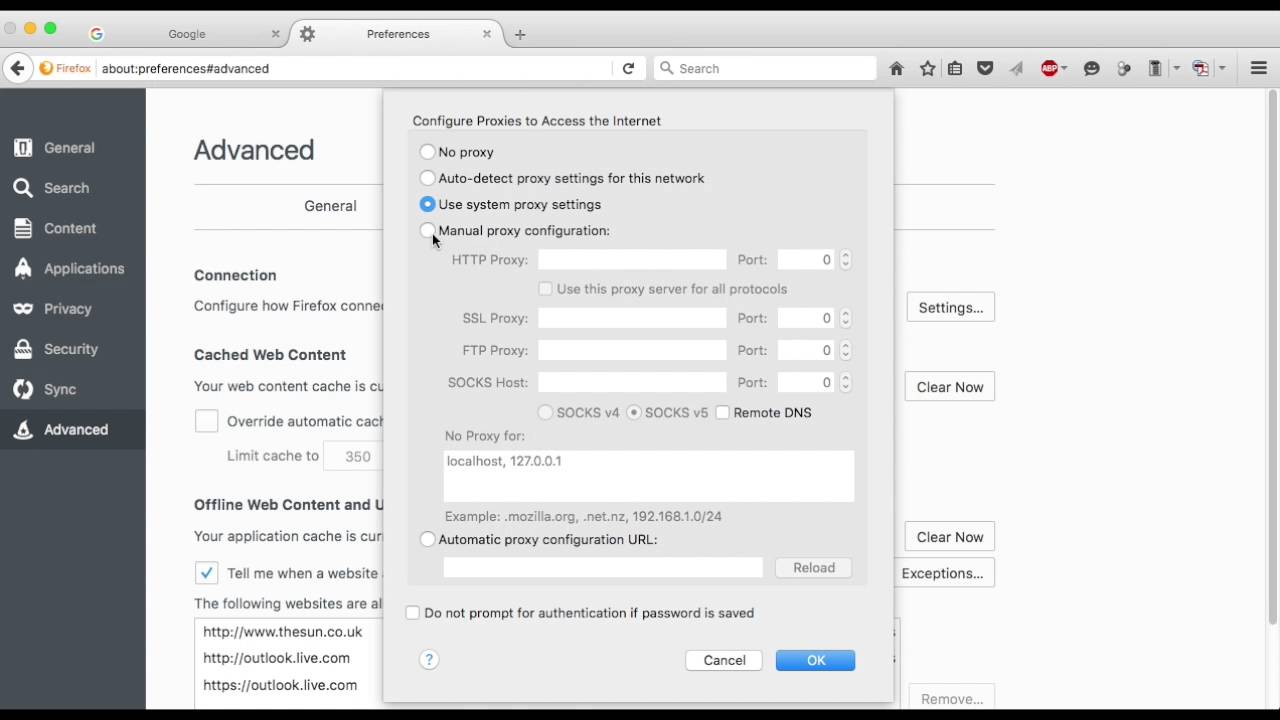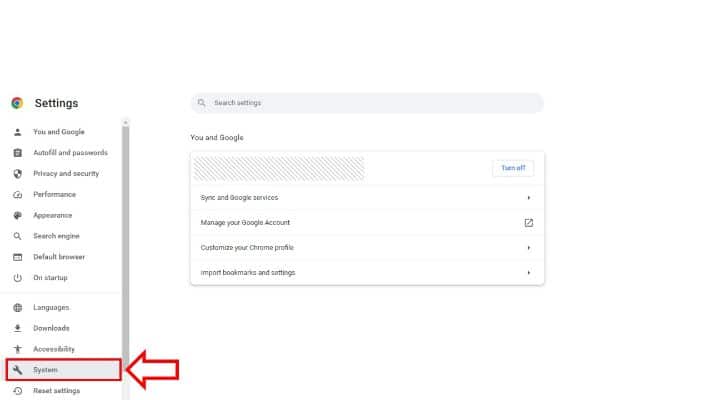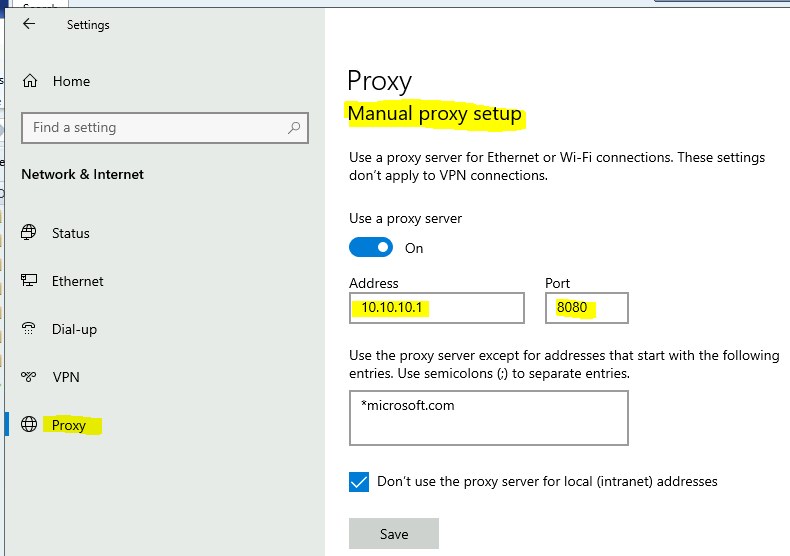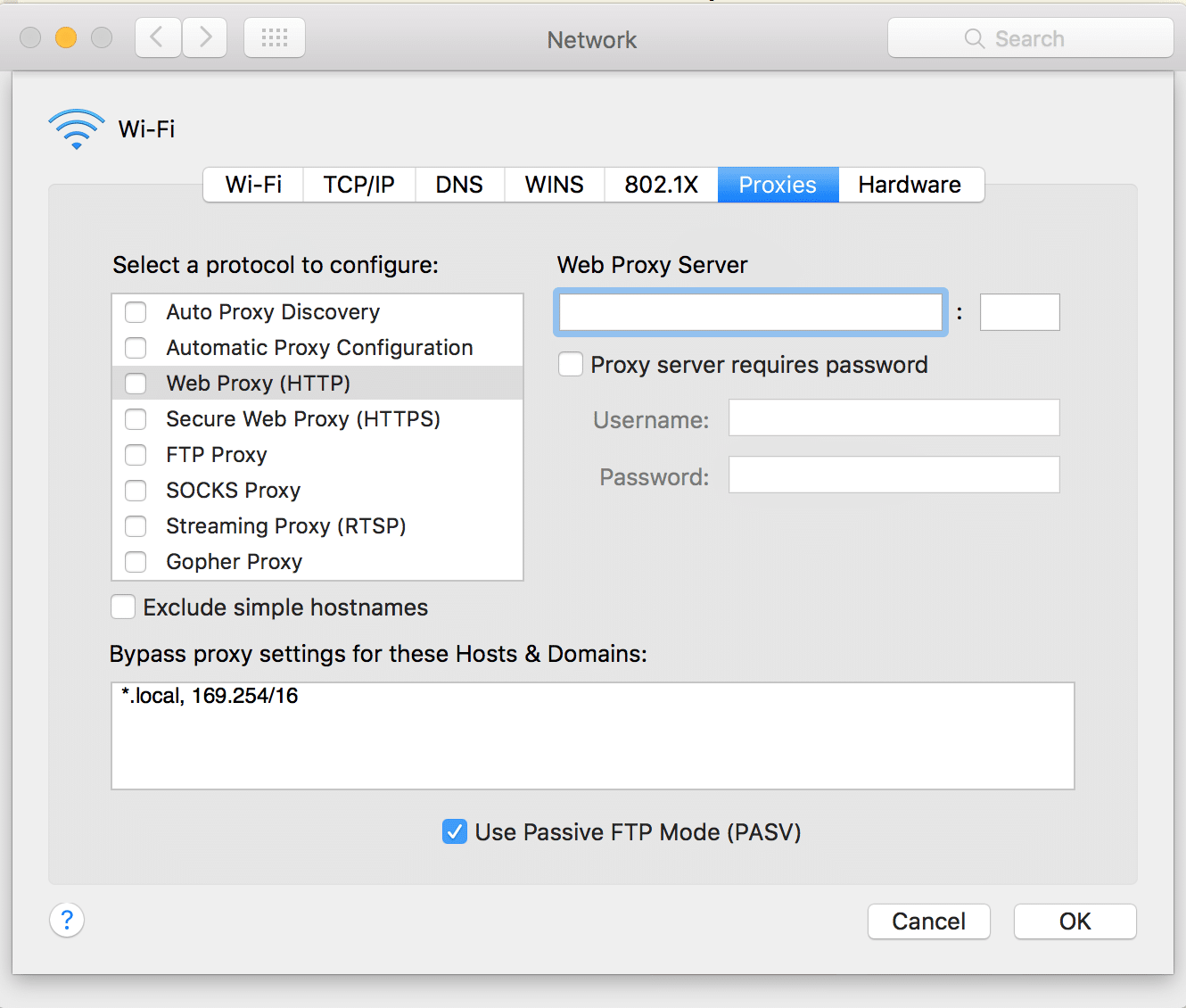SOCKS Proxy surpasses traditional proxy servers in both security and capability. While conventional proxies are prone to security lapses and inconsistent performance, SOCKS Proxy offers a robust alternative, especially in the face of rising cybercrime costs projected to reach $10.5 trillion annually by 2025.
Defining SOCKS Proxy
SOCKS Proxy obscures the original IP data, acting as an intermediary between your device and its final network destination. Unlike conventional proxy servers, it can handle extensive web traffic and is highly versatile.
| Criteria | Traditional Proxy | SOCKS Proxy |
|---|---|---|
| Traffic Handling | Limited | Extensive |
| Protocol Support | HTTP/HTTPS | TCP/UDP |
| Speed & Reliability | Variable | High |
Did You Know?
The SOCKS protocol was made publicly available in 1992 by David Koblas, a System Administrator for MIPS Computer Systems.
How SOCKS Works
The SOCKS protocol employs a firewall, facilitating server-to-server communication. During this process, your true IP address is concealed, replaced by one from the SOCKS server. This ensures your personal data remains hidden from websites you interact with.
Benefits of Using SOCKS
Security Enhancements
- Utilizes a complete TCP connection for verification
- Employs SSH-encrypted tunnels for data exchange
Streamlined Troubleshooting
- OSI model layers help professionals isolate issues efficiently
Interoperability
- Capable of communicating across various platforms and websites due to its smaller data packet size
Performance
- Doesn’t alter packet headers, enhancing data-handling efficiency
- No restrictions on network traffic, protocol, or program
Censorship Evasion
- Can overcome geolocation-based restrictions and censorship
SOCKS Versions: A Comparison
| Feature | SOCKS4 | SOCKS5 |
|---|---|---|
| Protocol | TCP | TCP/UDP |
| Authentication | Limited | Multiple |
| SSH Tunneling | No | Yes |
Configuring SOCKS Proxy
Follow these steps to set up SOCKS Proxy on different platforms:
Firefox

- Open Firefox, click the three-lined icon.
- Click Advanced, then Network Settings.
- Choose Manual proxy configuration.
- Input
127.0.0.1for SOCKS Host and9090for Port.
Chrome

- Open Settings via the menu.
- Navigate to System.
- Access Proxy settings.
- Enter your Proxy server address.
Windows

- Open Control Panel, go to Internet Options.
- Navigate to the Connections tab.
- Click LAN settings, enable Use a proxy server.
- In Advanced, fill out the SOCKS details.
MacOS

- Access Network Control Panel.
- Click Advanced, then Proxies.
- Enable SOCKS Proxy with
localhost / 8888.
By understanding the advanced capabilities and versions of SOCKS Proxy, you’re better equipped to navigate the web securely and efficiently.
Difference Between HTTP and SOCKS Proxy
Understanding the differences between HTTP and SOCKS proxy protocols is essential for making an informed decision on which to use based on your specific requirements. Below, we delve into their distinctive features, categorized by security, speed, and compatibility.
Comparative Features
| Feature | HTTP Proxy | SOCKS Proxy |
|---|---|---|
| Security | Limited encryption; primarily client-server focused | Better security with SOCKS5; includes packet headers |
| Speed | Good for small data transfers | Faster, optimized for internet routing |
| Compatibility | Limited to HTTP forms; browser-based | High; supports various protocols, ideal for file sharing |
Detailed Analysis
Security
HTTP proxy adds a layer of security between the client and server, mainly focusing on web traffic. SOCKS, on the other hand, can offer a higher level of security especially when using its SOCKS5 version. SOCKS5 includes packet headers, which can minimize errors and enhance the integrity of data traffic.
Speed
SOCKS is known for its high speed in internet-based routing, making it a preferable choice for tasks requiring the transfer of large amounts of data. HTTP proxy, while not slow, is optimized for transferring smaller amounts of data and is typically used for web browsing.
Compatibility
SOCKS excels in file sharing and is capable of handling various protocols, not just HTTP or HTTPS. It can penetrate firewalls, providing a flexible solution for accessing restricted servers. HTTP proxy is limited in this regard, as it mainly focuses on web-based data packet collection and filtering, and is restricted to browser usage.
Pro Tip:
- SOCKS Proxy: Ideal for tasks requiring high-speed data transfer, such as downloading and uploading substantial amounts of data.
- HTTP Proxy: Best suited for filtering web content or enhancing security during web browsing.
Superiority of SOCKS Proxy over Traditional Proxy Servers
When it comes to optimizing your online experience for both security and functionality, SOCKS proxy notably outshines traditional proxy servers. The advent of SOCKS5, the latest version of the SOCKS protocol, has further bridged the gap, offering advantages that are hard to overlook. Below, we delve into the various facets that make SOCKS proxy a compelling choice over traditional proxy servers and even other advanced solutions like VPNs and HTTP proxies.
Comparative Features Table
| Criterion | Traditional Proxy Server | SOCKS Proxy |
|---|---|---|
| Security Level | Moderate | High |
| Troubleshooting Ease | Complex | Straightforward |
| Compatibility | Limited | High |
| Network Traffic Limit | Restricted | Unlimited |
| Speed | Moderate | Fast |
Enhanced Security
While traditional proxy servers offer a basic level of online security, SOCKS proxy takes it up a notch, especially with its latest SOCKS5 version. SOCKS5 incorporates secure authentication methods and utilizes both TCP and UDP protocols, offering a well-rounded security framework.
Simplified Troubleshooting
When network issues arise, the clarity and simplicity of the SOCKS protocol, aligning with the OSI model, make it easier for IT professionals to pinpoint and resolve issues. Traditional proxy servers, lacking this structured approach, often make troubleshooting a cumbersome process.
Greater Compatibility
SOCKS proxy shines in the realm of compatibility. Its capability to handle a myriad of protocols enables it to work seamlessly across various applications and services. In contrast, traditional proxy servers are generally limited to web-based applications.
No Traffic Limitations
While traditional proxy servers often come with bandwidth or data limitations, SOCKS proxy offers an unrestricted experience. This makes it highly useful for tasks that involve significant data transfer, such as streaming, gaming, or secure file sharing.
High-Speed Performance
SOCKS5, the most recent version of the SOCKS proxy, is renowned for its speed. It’s not only faster than traditional proxy servers but also offers a speed that often surpasses VPNs. This is particularly beneficial for tasks that require quick data exchange, making SOCKS5 a preferable option.
The Edge of SOCKS5 Over Other Advanced Solutions
Notably, SOCKS5 boasts advantages that make it more adaptable and functional than HTTP proxies and often faster than VPNs. Its ability to handle a range of protocols and pierce through firewalls provides a flexible, robust solution for various online tasks.
By understanding these aspects, it becomes evident that SOCKS proxy, particularly its latest SOCKS5 version, offers an amalgamation of features that are designed to optimize your online experience in terms of security, functionality, and speed.
Summary
While SOCKS5 proxies offer a high level of anonymity and are less likely to be detected, they are not entirely invincible. Combining SOCKS5 with other security measures such as VPNs can create a more robust security infrastructure. Always remember that the choice of a reputable service provider plays a critical role in how secure and effective your SOCKS5 proxy will be.





